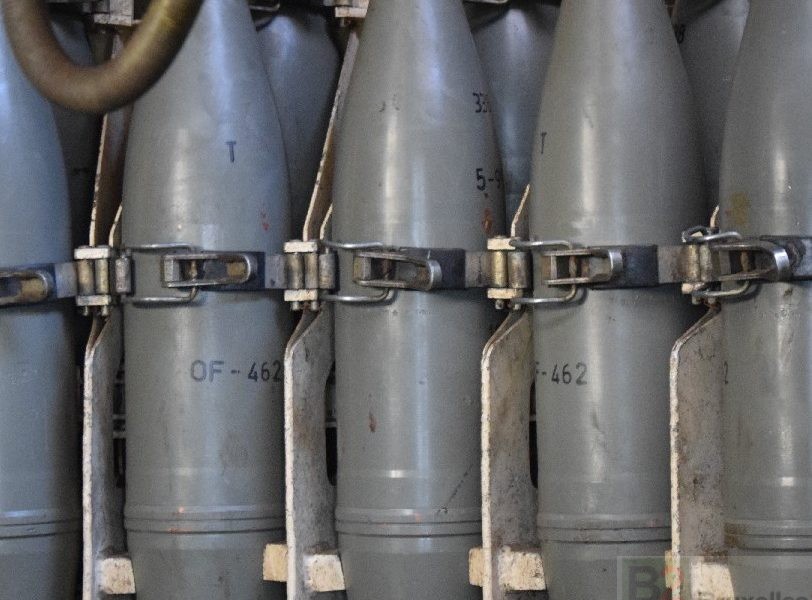[Analysis] ASAP, ammunition plan. Schizophrenia pushed to its climax
(B2) The censorship of several major provisions of the European Commission's plan to boost ammunition production is surprising in more ways than one.
The proposal for an ammunition production support act (ASAP), put on the table in early May by Commissioner Thierry Breton, is currently the subject of a series of criticisms and amendments from the main Member States (read: [Confidential] The ASAP Ammunition Fund stripped of its substance. France, Germany, Poland attacking the Breton proposal).
The Thierry Breton proposal disavowed
These criticisms are all the more incomprehensible since the same Member States were consulted well in advance, and were even applicants or players in this proposal, which is intended to be part of a new dynamic in terms of defense markets and industrial policy. It is in fact customary for the European Commission to sound out the Member States, more or less informally, before any initiative. In terms of defence, this use is almost compulsory, at least vis-à-vis the main players, French and Germans in particular, but also others. If such reactions were expected, it is hard to imagine Commissioner Thierry Breton proposing a text condemned in advance.
The Revealer of a Deep State
The only possible diagnosis is that of a profound schizophrenia within the Member States themselves, between a political and diplomatic level (presidency or prime minister, foreign affairs, permanent representations, etc.) and the military-industrial sector. What is known as the deep state, bringing together the purchasing departments of the defense ministries as well as industrialists and certain military officials.
A coalition of opposition
We are in fact witnessing a coalition of the improbable. Some because they are sovereignists in all circumstances, like the Poles, who " buy more than they produce, and most often in the United States in the words of an industry representative, and have an ingrained distrust of any additional power given to community bodies. The others because they are represented within the Council's working group by armaments administrations whose culture remains marked by the instinct of protecting national industry. Some of them being pushed in the back by at least part of their arms industries.
The Commission in the line of sight
What is unbearable for these "doctrinaires" is that the European Commission can interfere in what they consider their preserve. For them, industrial issues such as those related to the transfer of defense goods or the export of arms must remain under their exclusive control. The splitting of the internal market into as many national markets is therefore not a problem for them. On the contrary, maintaining it guarantees a certain freedom of action on the national territory or on other markets. Simply put, the more barriers, the better. The creation of an internal market for defense goods thus remains a wishful thinking.
The anti-communities at work
This is the case in particular of the General Directorate of Armaments (DGA) in France and of the manufacturers Dassault and MBDA in particular, observes a source familiar with the matter. The same were already fiercely opposed in 2008-2009 to the two proposals for directives on public defense procurement and intra-Community transfers. At the time, they had tried everything to derail them. Today, they are at the forefront, resolved to have articles 13 to 16 and article 20 deleted from the proposal.
An extremism that is not unanimous
However, not all manufacturers share this opinion, according to our information. " Nexter, though directly affected by the proposal, has a more nuanced approach says an industry expert. And if German civil servants are also worried about seeing the European Commission interfere with their country's arms exports, industrialists (Diehl, Rheinmetall or even Krauss-Maffei) would gladly content themselves with amendments.
(Olivier Jehin)
Updated, for readability, the article was split into two after publication




